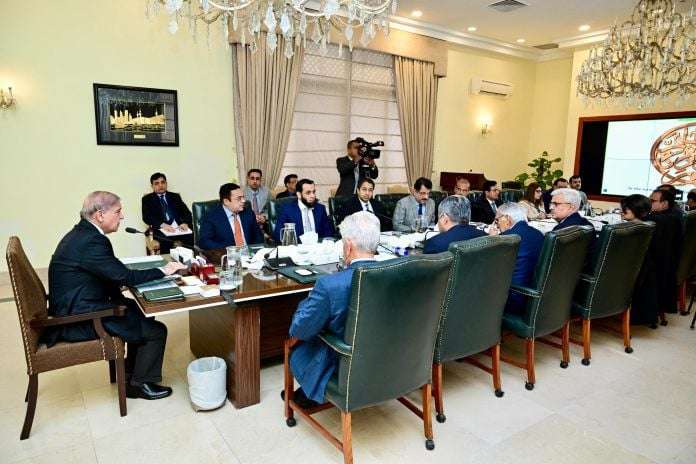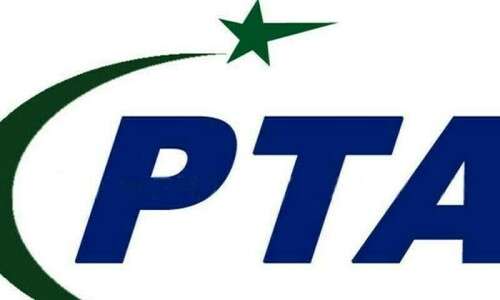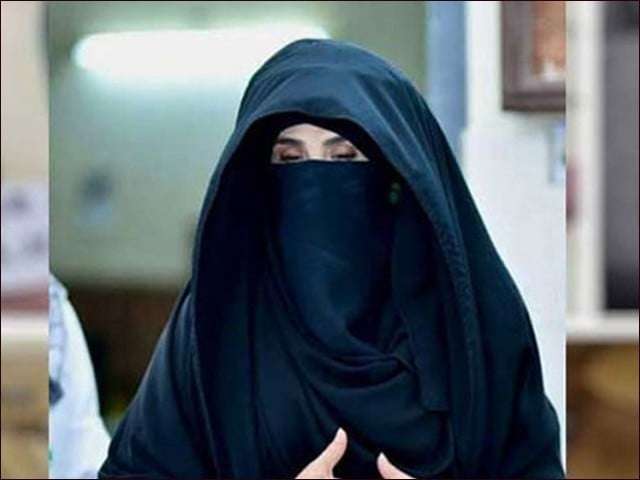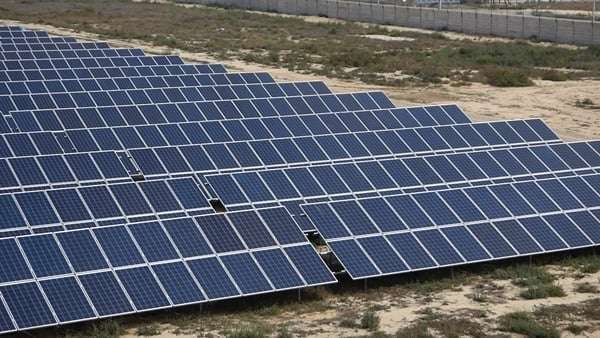Introduction
The tragic boat capsize incident near Greece, which claimed the lives of several Pakistani nationals, has prompted Prime Minister Shehbaz Sharif to take immediate and decisive action against human trafficking. The incident has once again highlighted the ongoing issue of Pakistani citizens falling victim to traffickers, and the Prime Minister is pushing for a comprehensive strategy to curb this illegal trade and prevent future tragedies.
In the wake of this incident, the Prime Minister chaired a meeting to discuss the steps that need to be taken to address the issue of human trafficking, especially in light of the increasing number of Pakistanis being trafficked abroad under dangerous circumstances. Sharif emphasized the need for swift and effective action to bring the perpetrators to justice, ensure stricter border controls, and implement strategies to protect vulnerable individuals from exploitation.
Tragedy Strikes Again: Pakistanis Dying in Boat Capsizes
The latest boat tragedy near Greece, which resulted in the death of several Pakistanis, is not an isolated incident. The country has witnessed a number of similar events in recent years, with many Pakistani nationals losing their lives while trying to reach Europe through perilous sea routes. Last year, 262 Pakistani nationals tragically drowned in a similar boat capsize incident, marking one of the deadliest tragedies linked to human trafficking.
These recurring incidents highlight the urgency of tackling the root causes of human trafficking, especially the role of unscrupulous traffickers who exploit the desperation of many seeking better economic opportunities abroad. The traffickers often charge exorbitant amounts to take people on dangerous journeys, which often end in death or severe harm.
PM Shehbaz Sharif’s Strong Stance Against Human Trafficking
Prime Minister Shehbaz Sharif has expressed deep concern over the ongoing incidents of human trafficking and the lack of decisive action against those responsible. In a recent meeting, he ordered immediate steps to combat this growing menace and instructed authorities to act decisively against the traffickers and other criminals involved.
Implementation of Integrated Border Management System (IBMS)
One of the key measures the Prime Minister has proposed is the immediate implementation of the Integrated Border Management System (IBMS). This system is designed to improve border control and ensure a more stringent monitoring of international travel. The goal is to track the movement of individuals and prevent human traffickers from exploiting vulnerable citizens.
The IBMS will serve as an effective tool to monitor the movement of people across borders and ensure that those who are involved in human trafficking cannot operate with impunity. The system will also enable authorities to track the travel history of individuals suspected of being involved in trafficking, making it easier to identify potential victims and traffickers before they embark on dangerous journeys.
Demands for Reports on Trafficking Cases
Prime Minister Sharif has also called for an immediate report on all human trafficking cases involving Pakistani citizens from the past year. The report will be presented by the Federal Investigation Agency (FIA) and the foreign ministry, with a focus on the number of individuals trafficked, the methods used by traffickers, and the actions taken by authorities to combat the issue.
The Prime Minister’s demand for a report reflects his commitment to understanding the full scope of the problem and identifying gaps in the current efforts to tackle human trafficking. By having access to detailed data, Sharif hopes to implement targeted measures that can help curb the flow of people falling prey to traffickers.
Public Awareness Campaigns
Public awareness campaigns are another key component of the strategy outlined by Prime Minister Sharif. Human trafficking is often fueled by misinformation and a lack of awareness about the risks involved in illegal migration. Many Pakistani citizens, especially those from impoverished backgrounds, are lured by false promises of jobs and a better life abroad.
To address this, Sharif has instructed authorities to ramp up efforts in raising public awareness about the dangers of human trafficking. These campaigns will be designed to educate potential victims about the risks associated with illegal migration and the importance of using legal channels to seek employment and opportunities abroad.
Increased Penalties for Offenders
The Prime Minister also emphasized the need for stricter penalties for human traffickers and others involved in the illegal trade. Sharif called for harsher laws and regulations to ensure that those found guilty of trafficking people face severe consequences. This includes not only the traffickers themselves but also any individuals or organizations that enable or profit from human trafficking activities.
International Collaboration to Combat Trafficking
Given the international nature of human trafficking, Prime Minister Sharif has underscored the importance of enhanced collaboration with international organizations to address the problem. Pakistan’s efforts to curb trafficking are unlikely to be successful without strong cooperation with countries that are both sources and destinations for trafficked individuals.
Sharif has directed the foreign ministry to strengthen ties with international organizations such as the United Nations Office on Drugs and Crime (UNODC) and Interpol. By working together, these agencies can share intelligence, track trafficking networks, and work toward dismantling them. Moreover, Pakistan can learn from the experiences of other countries that have successfully combated human trafficking.
Current State of Human Trafficking in Pakistan
Human trafficking is a significant issue in Pakistan, as thousands of individuals are trafficked every year to various countries, especially in the Middle East and Europe. Many victims are lured by false promises of employment, only to find themselves exploited and subjected to inhumane working conditions. Others are sold into forced labor, sexual exploitation, or slavery.
In recent years, the Pakistani government has taken steps to address human trafficking, but these efforts have often been hampered by inadequate enforcement of existing laws and a lack of resources. Corruption and weak law enforcement have also contributed to the problem, as traffickers often operate with impunity.
Despite these challenges, there have been some successes in the fight against trafficking. The Federal Investigation Agency (FIA) has made progress in apprehending traffickers and dismantling some trafficking rings. However, as highlighted by the Prime Minister, much more needs to be done to combat this growing threat.
Role of the Federal Investigation Agency (FIA) in Combating Human Trafficking
The Federal Investigation Agency (FIA) plays a crucial role in Pakistan’s efforts to tackle human trafficking. This agency is responsible for investigating and prosecuting trafficking-related crimes, as well as coordinating with other law enforcement agencies.
The FIA has made some progress in recent years, with 174 suspects brought before courts this year alone. However, the conviction rate remains low, with only four convictions so far in 2024. Prime Minister Sharif has called for more effective action and has instructed the FIA to intensify its efforts to crack down on traffickers and ensure that they face the full force of the law.
Conclusion
Prime Minister Shehbaz Sharif’s firm stance against human trafficking marks a significant step toward tackling this grave issue. With the implementation of the Integrated Border Management System (IBMS), enhanced public awareness campaigns, stronger international cooperation, and stricter penalties for offenders, Pakistan is on the path toward more effectively combating human trafficking. The recent boat tragedy has brought this issue into sharper focus, and it is clear that decisive action is required to prevent further loss of life.
FAQs
1. What is the Integrated Border Management System (IBMS)?
The IBMS is a system designed to monitor and manage border activities, ensuring that international travel is closely tracked to prevent illegal movement of people, particularly in cases of human trafficking.
2. How does human trafficking affect Pakistan’s international image?
Human trafficking tarnishes Pakistan’s reputation globally by contributing to its association with illegal migration networks, which can impact diplomatic relations and economic opportunities.
3. What are the penalties for human traffickers in Pakistan?
While penalties vary, the government is working to impose stricter punishments, including lengthy prison sentences and heavy fines for those found guilty of trafficking.
4. How many Pakistani nationals were involved in the Greece boat capsize incident?
The incident involved several Pakistani nationals, continuing a trend of Pakistani citizens becoming victims of human trafficking.
5. What steps is the government taking to prevent future trafficking tragedies?
The government is focusing on improving border management, raising public awareness, and enhancing international cooperation to combat human trafficking.



